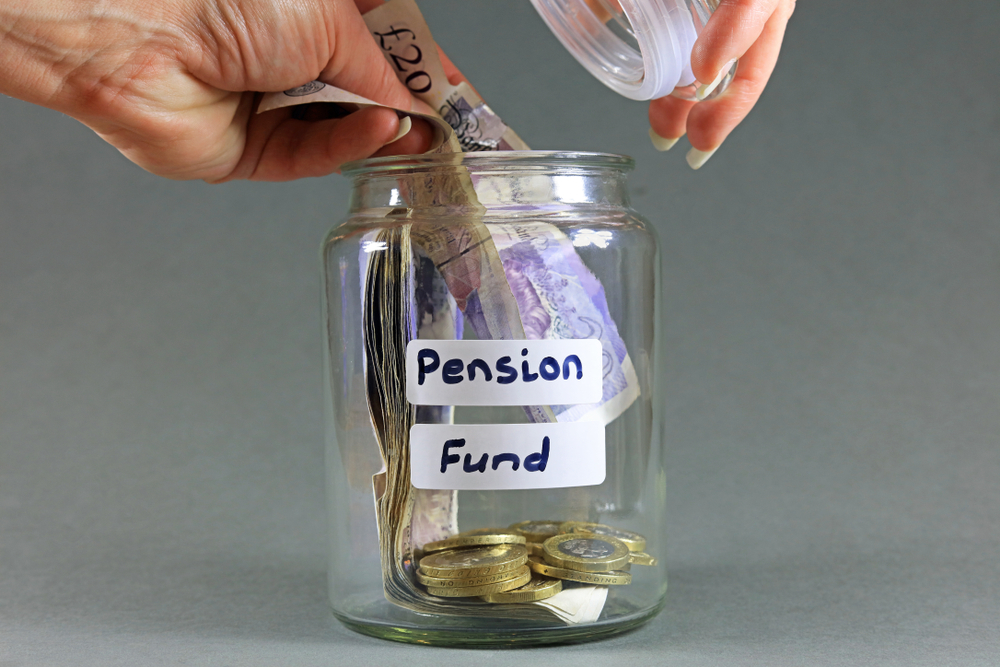News
Pension contributions rose during lockdown

People who spent less in lockdown used the extra cash to significantly boost their pension contributions, according to Interactive Investor.
The investment platform found that the highest increase in pension contributions was among those in their thirties and forties.
Interactive Investor found that between January and October 2020 there was a 34.7% rise in the average value of self-invested personal pension (SIPP) contributions among 30 to 39-year-olds, compared to the same period last year.
There was also a 18.3% rise in the average value of contributions of among 40 to 49-year olds in the same period
The average contribution rise among 50 to 55-year-olds was smaller, at 6.8%.
However, the youngest and oldest age groups contributed slightly less to their pensions this year, with a fall in average contributions of 0.3% for those aged 18 to 29 and a fall of 3.6% for those between 56 and 65-years-old.
Becky O’Connor, head of pensions and savings at interactive investor, said: “Our SIPP figures show a significant rise in contributions this year. This suggests that people in their thirties and forties were being sensible with the money they were saving during lockdown and squirreling it away for the long term.
“It’s positive to see these younger investors not afraid to up their investments and take advantage of lower stock prices after the initial crash. Whereas older groups, from this data, appear to have been more cautious.”
According to Interactive Investor’s analysis of Office for National Statistics (ONS) household spending data, households in the UK stand to save £748.70 over the course of the next month-long lockdown starting this Thursday. The biggest savings are likely to be made from travelling less and not eating out.
Bank of England data showed a large rise in savings deposits during the second quarter, April to June, when lockdown measures were at their most strict.
O’Connor said: “Having emergency savings can give peace of mind that you can survive for a while should the worst happen and you lose your job, or you suddenly need to shell out for something big.
“How much cash to keep in instant access savings will depend on personal preference, although three to six months is a good aim. But people should take care that over the long term they do not unnecessarily lose money, in real terms, by keeping all their assets in cash.”